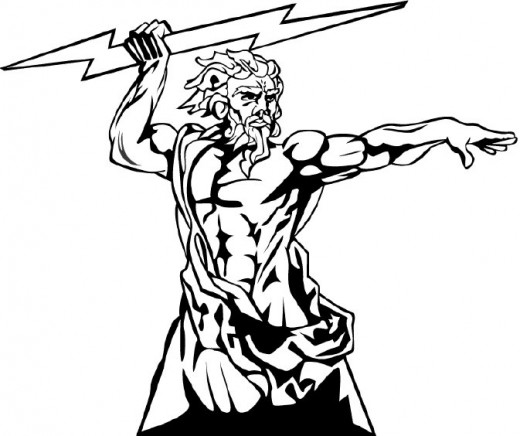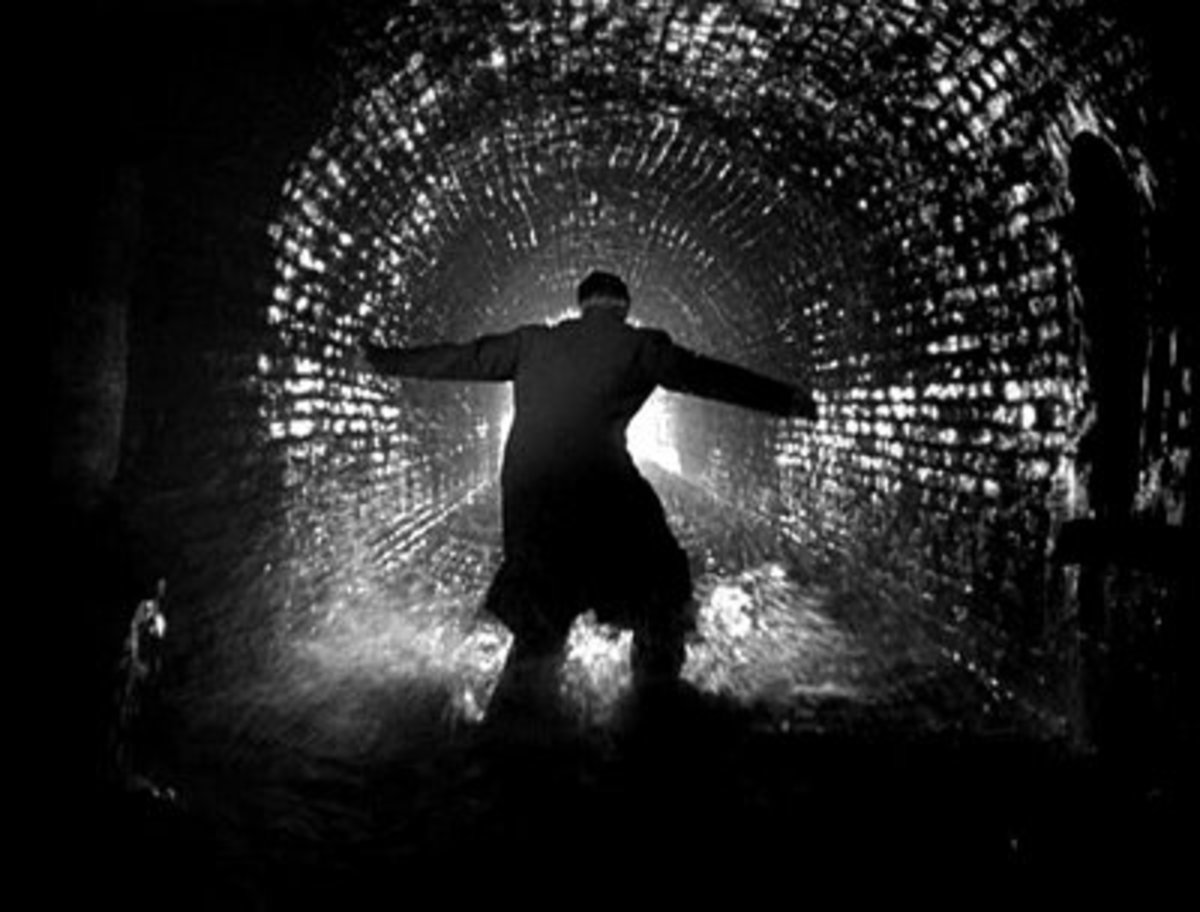Deus Ex Machina - A fun and lesser known literary plot device

Deus ex machina is a plot device that can be used in any story telling piece whether it is through movies, books, films or any other form of narration. You might have enjoyed several amazing stories, plays, movies or just about any performance pieces without even knowing that you're being tricked again and again by Literary Plot Devices. They're hidden and they'll get you when you're on the edge of your seat! Let's check out a literary plot device called deus ex machina, its history, uses and examples.
What is Deus Ex Machina?
When an impossible looking situation in a story is abruptly solved though the means of sudden appearance of an external character, death, natural calamities, mental insanities, godlike miracles or some such, the writer is said to have deployed the literary device or trope deus ex machina.
How did Deus Ex Machina originate?
As one would expect, most literary tropes, traditions and devices have emerged from Greek history and mythology. In Greek theatrical traditions, godly characters were lowered on the stage though the means or a crane ("mechane") to solve conflicts and knots inexplicably in a story. Greek tragedian Euripides commonly used this literary trope to magically allow his characters to escape the climax or conflict that the plot created for them.
Ironically, this convenient usage of deus ex machina was criticized heavily by Horace and Aristotle who insisted that conflicts and tragedies must be resolved internally through the intellect of the characters, not through an external character, means or a prop.
What are the modern uses of Deus Ex Machina?
Although most historical uses of deus ex machina are fairly abrupt, humorous and almost silly, it is continued to be used in modern films and literature in more sophisticated ways as a literary plot device. The argument for using deus ex machina is that if fictional pieces it may look artificial and sculpted, but if the same happens in reality, it can be elevated to being called heroic.
In modern epics and stories, it may not be Zeus appearing from nowhere, it might be the actor knowing a foreign language and decoding spy document that happen to be exactly in that language, a tragedy that happened in the form of a nightmare or a gun being placed in a corner which the evil guy conveniently overlooks. In modern fiction, evil is often showed as stylish and cool and hence lives until then end; but then it also has to be punished. And so it's toppled off through the use of a deus ex machina.
Interesting examples and the use of Deus Ex Machina
Ralph and the boys are magically rescued by the navy man in Lord of the Flies by William Golding.
In Dallas, one of the longest running American TV shows, an entire season had to be explained as a nightmare suffered by Patrick Duffy's character's wife, in order for him to be return to the cast.
In the Greek tragedy Medea, the title character murders her own children. But before gruesome punishment can be inflicted upon her by the Gods, Helio's sun chariot swoops down on her and flies her off into the horizon.
In the Lord of the Rings trilogy, when Sam and Frodo are on Mount Doom which is on the verge or erupting, in the midst of Sauron's armies from where it's impossible to escape, they are suddenly rescued by giant eagles.
In H.G. Well’s War of the Worlds, the aliens on the brink of victory, suddenly catch a cold and perish.
Red Riding Hood who is stuck in a house with a scary old wolf is recued by the woodcutter comes who comes in at the very last moment.
In Superman II, Clark Gable gives up his powers, there's no way he can ever get them back. But then the Phantom Zone criminals randomly come in the picture. Clark goes back to the Arctic, finds a magic crystal and gets his powers back.
Interesting Trivia on Deus Ex Machina
Were you about to pronounce it as "dee-yous-eks-mashee-naah"? Get your grammar right. The correct pronunciation is "day-oos-eks-ma-kee-naah"!
Although there's a fine line between deus ex machina and a variety of other tropes and literary devices, by definition it falls very close to a Russian literary device called "Piano in the bushes". The only difference between the both is that Piano in the bushes attempts to explain how the miraculous insertion in the end had its roots in the earlier in the narrative. With deus ex machina, the writer is allowed to not bother to give such explanations.








